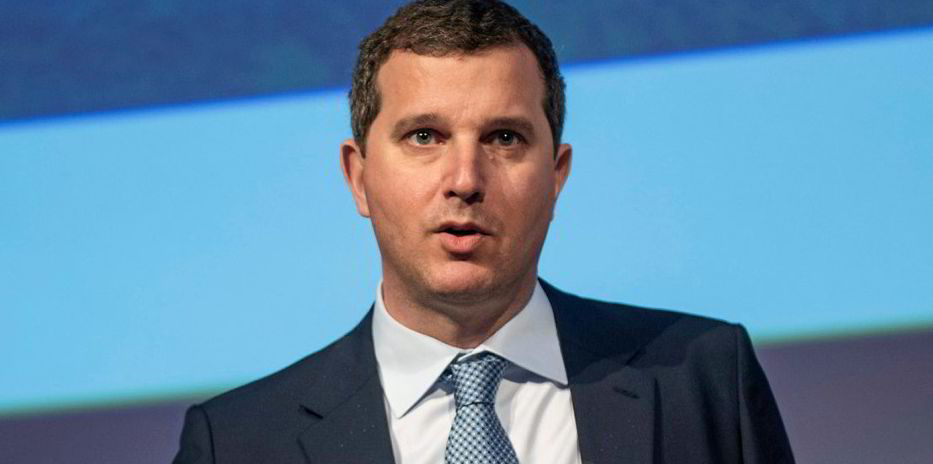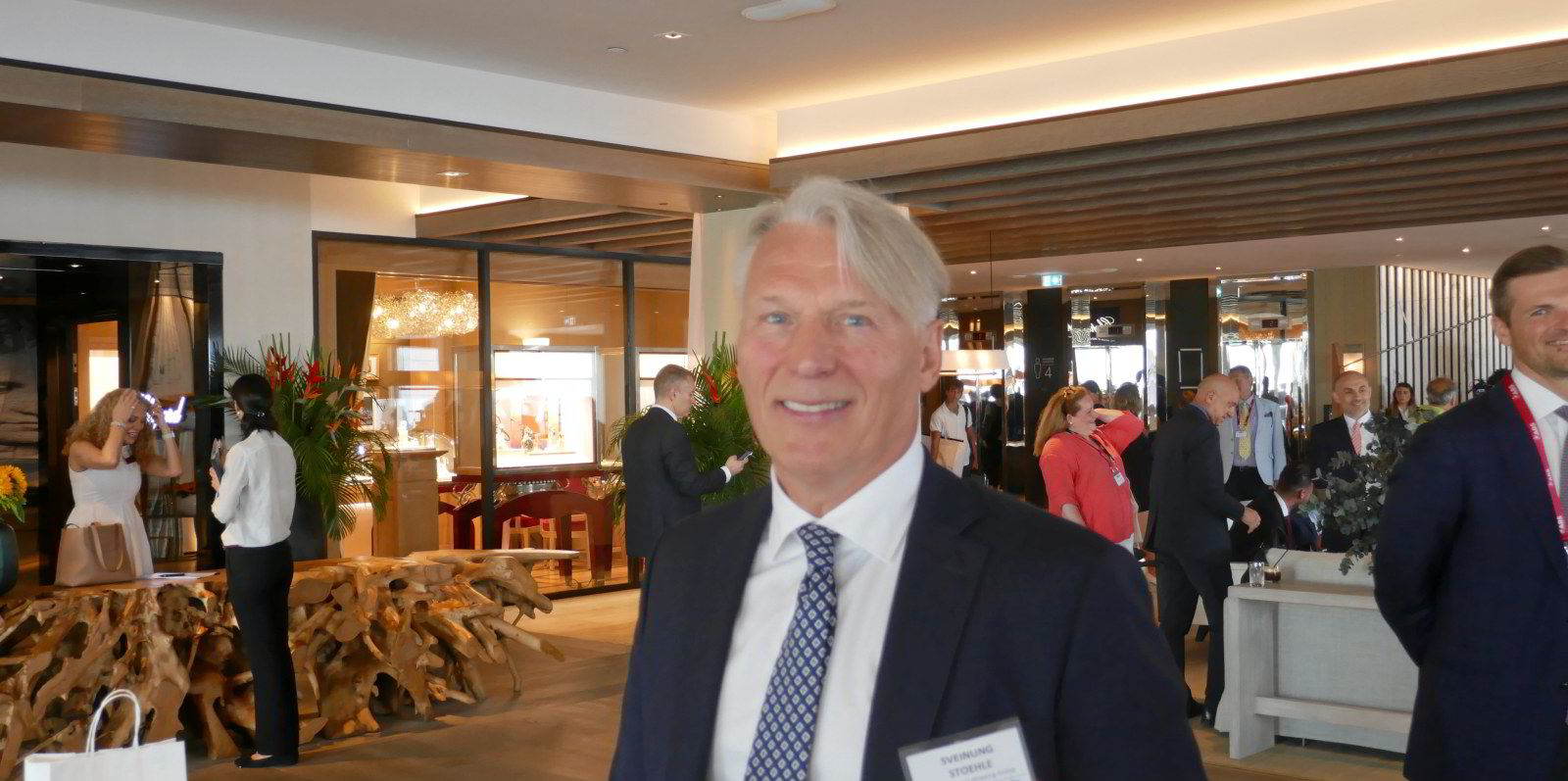The Greek shipping industry needs to maintain its stable underpinning, but should adopt more open-minded attitudes to innovation.
That is according to a panel of next-generation Greeks who are taking over at family companies or striking out on their own.
Click here to follow all TradeWinds’ coverage of Posidonia in our live centre.
Senior figures in Greece have a role to play in fostering the next phase of the industry’s evolution, Ioannis Martinos, chief executive of the Signal Group, told the Capital Link conference at Posidonia on Monday.
“I think sometimes ... people in society that have some privileges should support innovation, the arts and other things. The equivalent of that in shipping is that we should support start-ups,” said Martinos, whose family control shipowner Thenamaris.
“All these [start-up] companies are on to something. It’s going to take a lot of effort, it’s going to be a race with companies that are from the non-Greek ecosystem, but I think we have some pretty good players on our team. That’s gonna help create a more complete Greek ecosystem.”
When asked how Greek shipping can continue its global dominance, Martinos said it is “essential” to maintain its stable tax framework.
Ioanna Procopiou, CEO of bulker owner Prominence Maritime, echoed Martinos’ point that stability is needed, particularly from regulators.
“We are very fortunate to live in a country that has a huge tradition in shipping for more than 4,000 years and that has developed over the years — and it’s due to the fact that Greeks are by nature adaptable and risk takers as well,” she said.
“But in order to maintain this, we need regulatory framework stability, which is something that we see very often being attacked.”
Europe is “slowly” seeing the value of shipping and the importance of remaining independent of influence from the Far East or the Middle East, according to Procopiou.
“If anything good has come out of the [Ukraine] war, it has shown how important energy independence is — and the only way that you can achieve this energy independence is through shipping,” she said.
“I think that this will help also form policy that will keep shipping where it is at the moment and not lost, like we lost our shipbuilding to the Far East.
“I think there’s a far way to go, but we’re going in the right direction.”
Tech
Alex Hadjipateras, executive vice-president of business development for gas shipowner Dorian LPG, believes it is important to invest in technology as a “bridge” to meeting decarbonisation ambitions.
But that will entail breaking with tradition and being more open to working together to overcome the challenges ahead.
“We have a lot of small and midsize companies in the shipping space,“ he said. “We’ll have to look at open innovation and be very, sort of, embracing of the partnership model, because the reality is these targets are enormously difficult to hit without some sort of open innovation and partnership.
“Not everyone can be like Maersk — we will have to work together.”
Suzanna Laskaridis, managing director of bulker owner Laskaridis Shipping, said shipping is much better prepared than other industries in meeting environmental challenges because it already has “strong” backing from international regulators.
But more needs to be done on social and governance issues — the S and the G in ESG — for the industry to achieve meaningful change in these areas, she said.
In particular, uniform ESG reporting standards are needed.
“Mostly on the environmental side, investments needed are very large, so we need to stop throwing the funding ball from one to the other — who will be doing the funding? — and actually start looking at the bigger picture,” Laskaridis said.
“Another thing that I think will hinder how this will go forward is the fact that the S and the G side — the social and the governance side — haven’t yet been able to be correlated into financial figures in order for them to extract final scores.
“For example, we can have specific figures and data when it comes to employee turnovers or education structures, but this actually can’t be translated, let’s say, to financial figures. So until that happens, then we can’t attract finance for all the three pillars [of ESG].”





